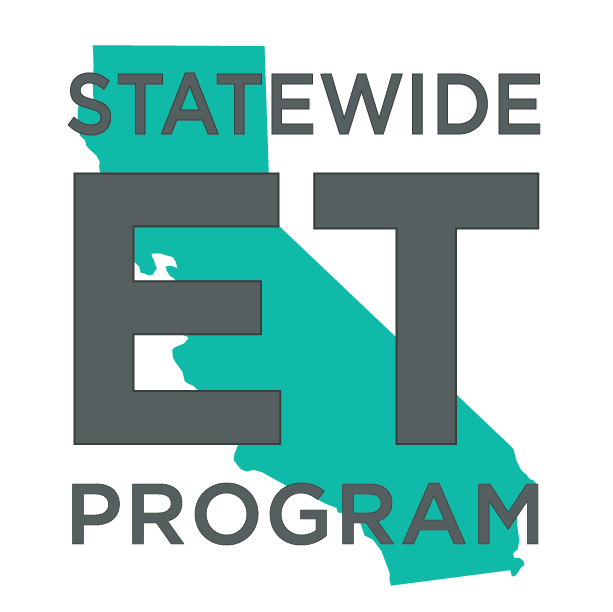ET25SWE0054 - Performance Validation of Electric Ovens for the Food Service Sector
This project focuses on performance validation, economic analysis, and market support for electric conveyor ovens, a common piece of equipment in fast food and quick-service restaurant kitchens. Currently, utility incentive programs such as the Food Service Instant Rebate Program, as well as the electronic Technical Reference Manual (“eTRM”) database, only include measures for gas-powered conveyor ovens. This indicates a lack of performance data and market insights for electric alternatives—barriers that this project aims to address.
To overcome these market barriers, the project will test between two and three (2–3) models of electric conveyor ovens under controlled laboratory conditions using ASTM standard methods (https://www.astm.org/standards-and-solutions/bos). These tests will quantify key performance metrics including preheat time, idle energy use, cooking energy efficiency, and production capacity. Results will be benchmarked against data for gas-powered equivalents using established utility databases and literature. This work will help fill critical gaps in performance data, enabling the future development of an eTRM measure packages for electric conveyor ovens.
In parallel with laboratory testing, this project will analyze economic impacts, including costs and benefits under the Total Resource Cost and Total Resource Benefit procedures. It will also explore non-energy impacts such as indoor air quality improvements and reductions in greenhouse gas emissions. These outcomes will support future utility measure development, potential updates to building codes and appliance standards, and expansion of existing incentive programs.
To support adoption and reduce market friction, this project will include targeted outreach and engagement with key market participants such as food service professionals, restaurant owners, utility food service test centers, manufacturers, and industry associations (collectively, the “Stakeholders”). Particular attention will be paid to fast food restaurants operating in Hard-to-Reach (“HTR”) and Disadvantaged Communities (“DAC”), where electrification efforts can provide added economic and health benefits. This outreach will be conducted in collaboration with partners such as the California Restaurant Foundation and the Sacramento Valley Small Business Development Center to ensure meaningful participation and awareness within these communities.
The project is testing the hypothesis that electric conveyor ovens can meet or exceed the performance of gas models, while also offering added benefits in terms of emissions, energy savings, and load flexibility. Performance validation will be based on standardized ASTM F1817-17 testing, evaluating key metrics such as cooking efficiency, preheat time, production capacity, and idle energy rate. To be considered validated, the electric models must at minimum match the performance of baseline gas ovens across these metrics, while demonstrating measurable advantages in at least one area—such as energy efficiency (e.g., ≥10% improvement), reduced idle energy use, or improved load profile for demand flexibility. The resulting data will inform utility programs on the technical and economic viability of electrification, supporting future inclusion in rebate program expansion, demand response efforts, and decarbonization-focused technical assistance
This project draws on several CalNEXT Program Technology Priority Map (“TPM”) research initiatives, including commercial kitchen decarbonization, fuel substitution, and process load efficiency. Specifically, it addresses the urgent need for performance validation of electric foodservice equipment and the lack of test data hindering measure development—priorities outlined in CalNEXT reports and aligned with statewide electrification goals.
